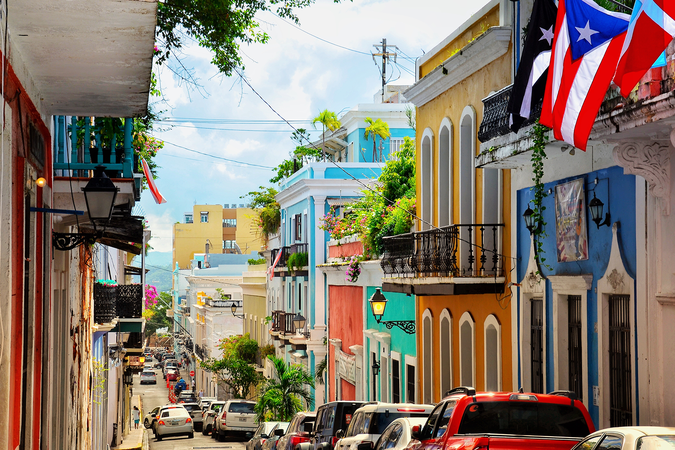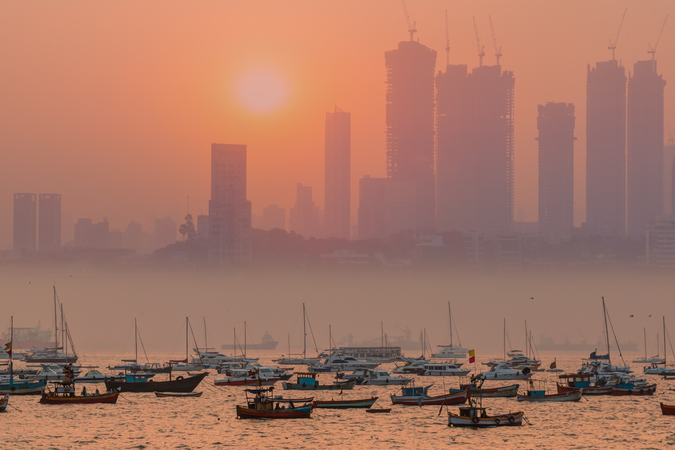How Well Do Protected Areas Reduce Mangrove Loss? An Examination of Indonesia Using Quasi-Experimental Methods
Event Details
Presenter
Brian Murray, Duke University
Abstract
Mangroves provide multiple ecosystem services including carbon storage, storm protection and habitat for a significant number of endemic and threatened species. Despite their importance, mangroves have been converted to agri- and aquaculture at an alarming rate around the world and in Indonesia, in particular. We present the first rigorous large-scale evaluation of the effectiveness of protected areas (PAs) at conserving mangroves. Specifically, we apply quasi-experimental techniques to assess whether PAs prevented mangrove loss in Indonesia between 2000 and 2006. Preliminary findings indicate that marine national parks and strict protected areas were, as designed, marginally effective at reducing mangrove loss during that time period. However, protected areas not designated specifically for marine protection may have opposite effects, though it is harder to identify these effects because of confounding estimation factors. Emphasizing the factors that affect the performance of PAs, our findings can have direct implications for the sustainability and cost-effectiveness of biodiversity and “blue carbon” related climate policies in Indonesia.
Date
Monday, May 20, 2013
12:00 - 1:00 p.m.
Bring your own lunch.
Location
Resources for the Future
Room 563 C
1616 P St. NW
Washington, DC 20036
All seminars will be in the 7th Floor Conference Room at RFF, unless otherwise noted. 1616 P Street NW. Attendance is open, but involves pre-registration no later than two days prior to the event. For questions and to register to an event, please contact Khadija Hill at [email protected] (tel. 202-328-5174). Updates to our academic seminars schedule will be posted at www.rff.org/academicseminarseries.



